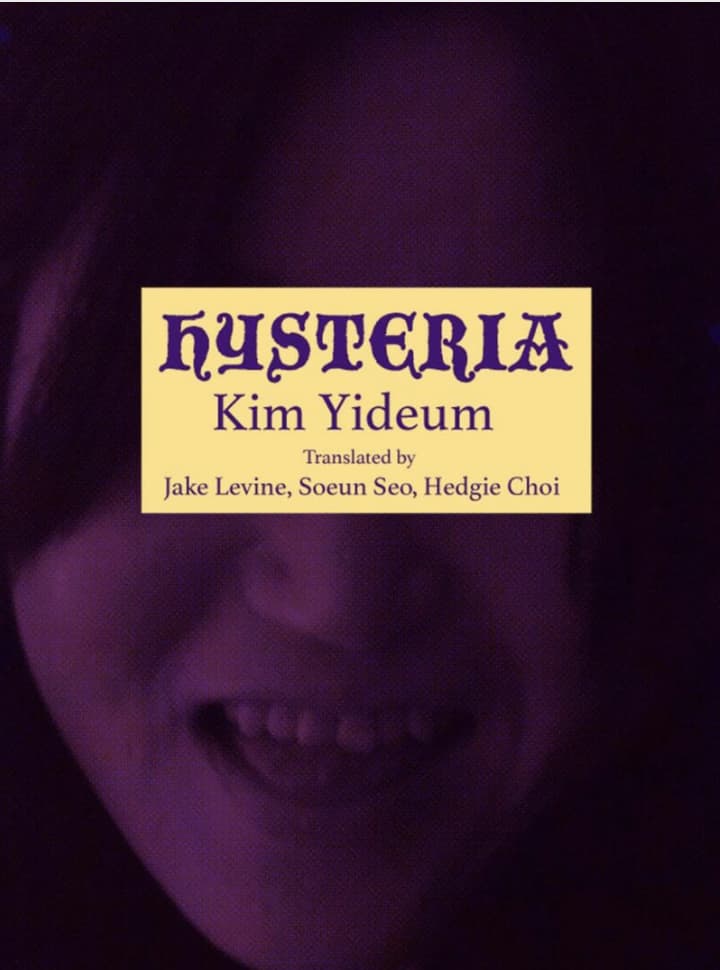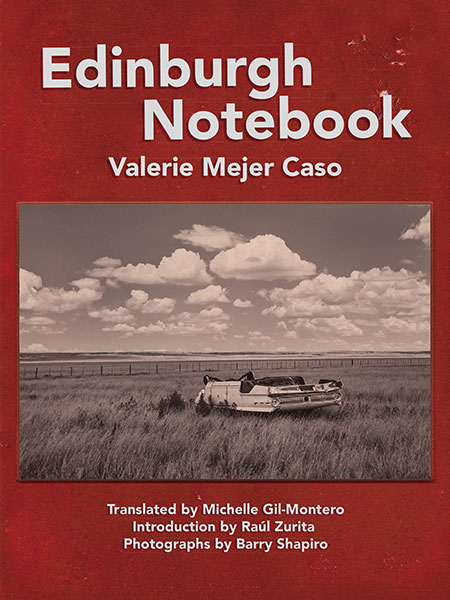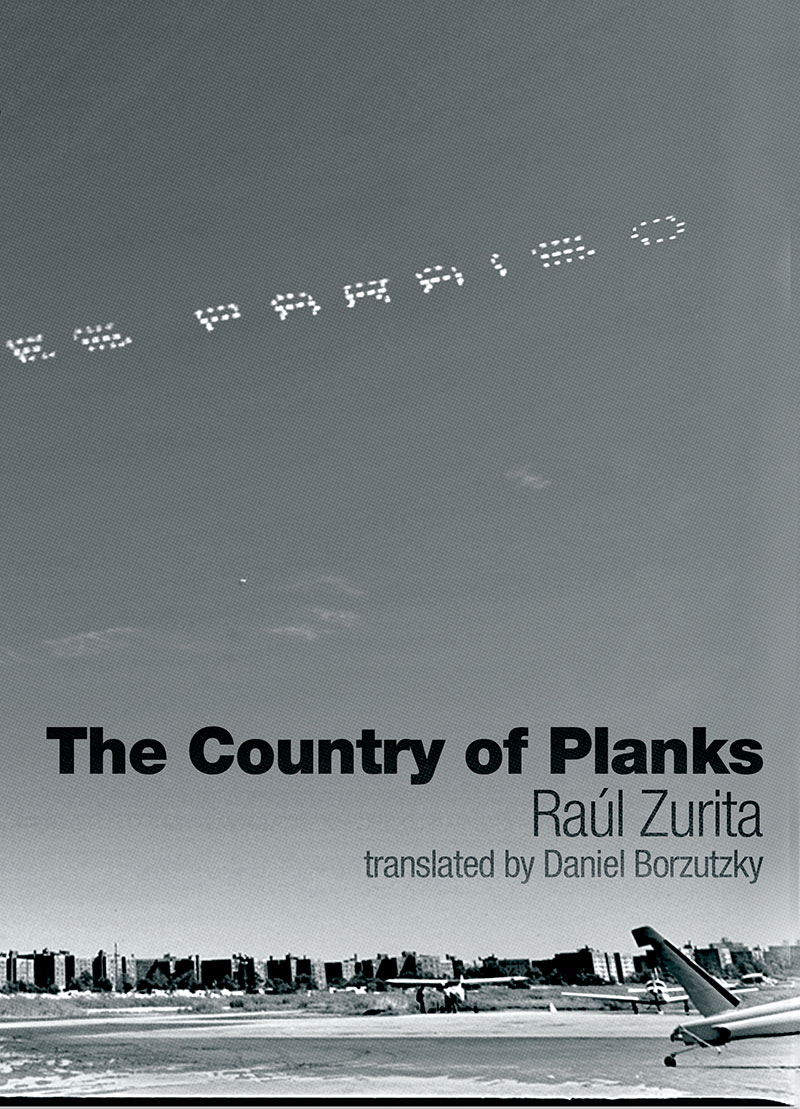Gussie Beaver
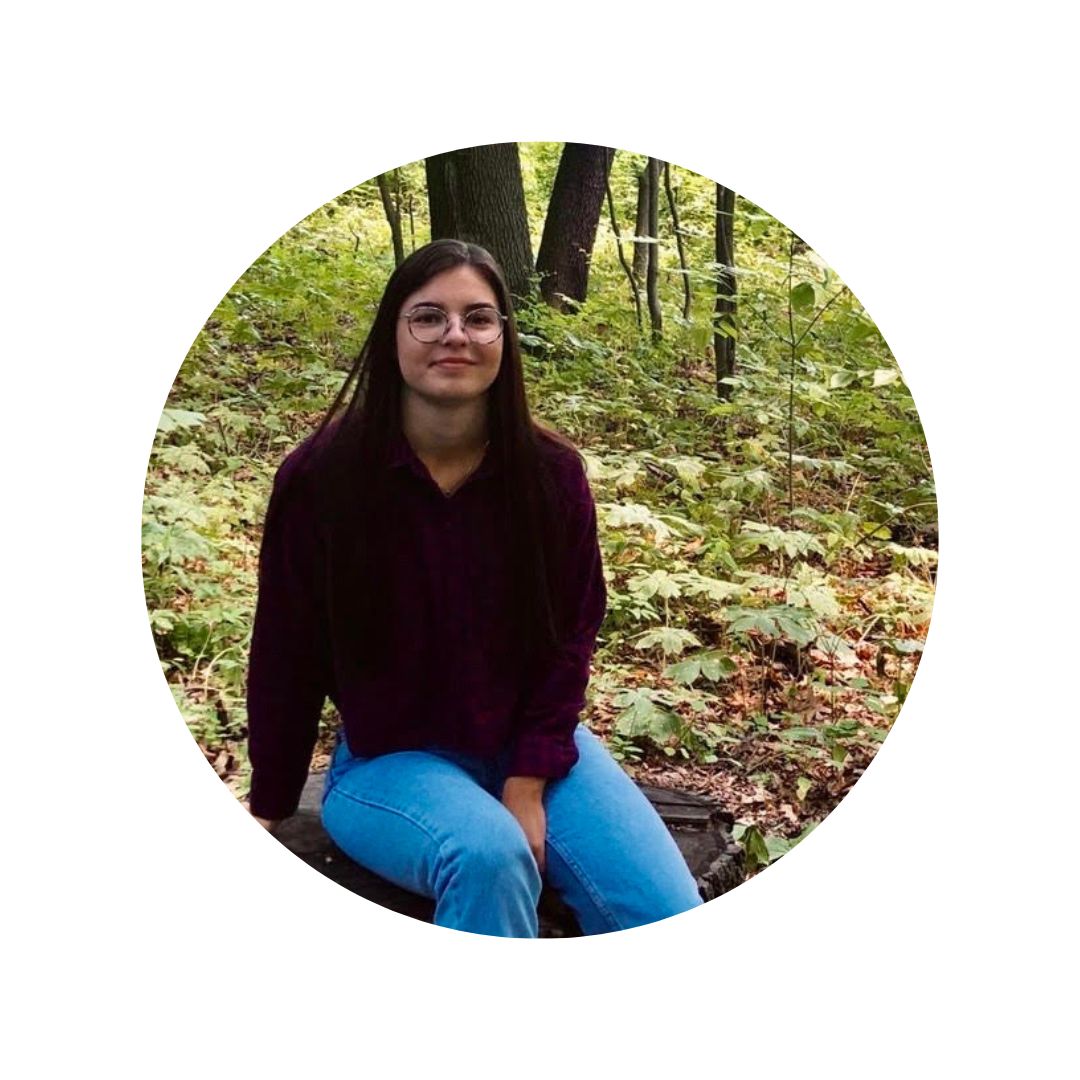
1) Who are your favorite poets? If you could recommend one poem to someone, what would it be?
My all-time favorite poet is e.e. cummings. I’ve been obsessed with his inventive style for years. I’m also a big fan of Maggie Nelson, Emily Dickinson, and Hannah Weiner. I’d recommend e.e. cummings’ poem “[i carry your heart with me(i carry it in].”
2) Can you tell us about any writing / translation / art projects you’re currently working on?
Right now, I’m attempting to write a poem based on Hannah Weiner’s Clairvoyant Journal.
3) What is your favorite literary journal (online or print) and why?
I enjoy browsing through an online magazine called BOMBFIRE because I can see visual art, flash fiction, and poetry all in one place. In my free time, I like doing abstract watercolor paintings so I appreciate any magazine or journal that also includes art.
4) What are you most looking forward to during your time in the MFA in Creative Writing program at the University of Notre Dame?
I’m most looking forward to (hopefully) reaching my potential as a poet and scholar. I feel comfortable expressing myself in my rawest form within the environment created by the MFA students. I have the space to develop my poetry however I choose. I’m grateful that I’ve already experienced this in the little time I’ve been here. I can’t wait to see what the next two years will bring!
5) Why do you think it’s important to read poetry in translation?
When I think about poetry translation, I think about how it’s simultaneously difficult and beautiful. The translator must understand the feeling of the words beyond their literal meaning. There’s something wonderful about preserving a poem and allowing it to transcend language barriers. I love the idea of a poem reaching a wider audience and more people being able to enjoy and interpret it. Without translation, this would not be possible!
6) What is your favorite Action Books title?
Right now, I’m enjoying Kim Yideum’s Hysteria translated by Jake Levine, Soeun Seo, and Hedgie Choi. I’m excited and grateful that there are so many new books at my disposal!
Alaina Johansson
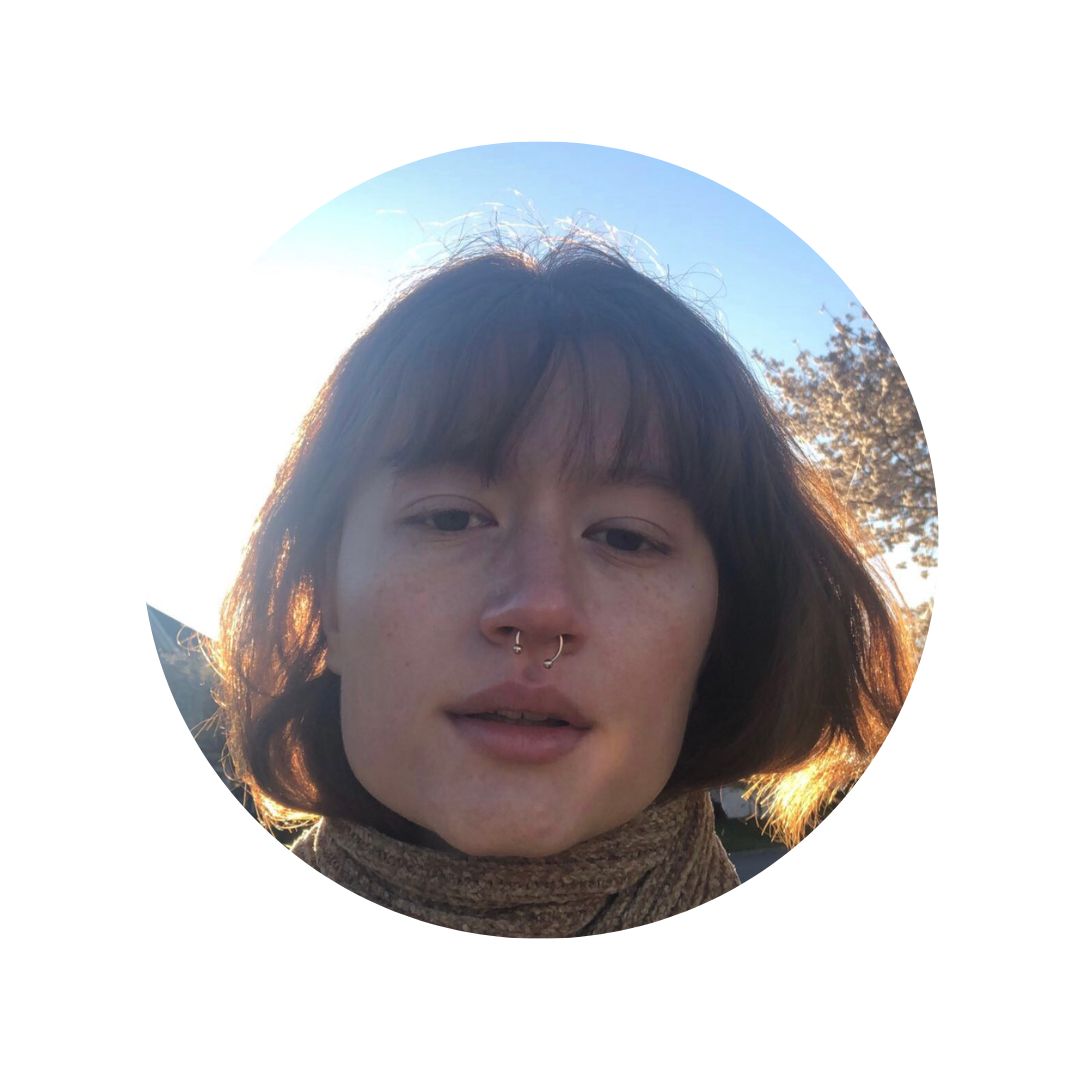
1) Who are your favorite poets? If you could recommend one poem to someone, what would it be?
I would say the poets I return to the most are Myung Mi Kim and Robert Creeley. I don’t know how to have a favorite, last week I told people that asked me this question these various answers: Larry Levis, Brigit Pegeen Kelly, John Keats, Sarah Blake, Theresa Hak Kyung Cha, Ted Hughes, Anne Carson, and others.
2) Can you tell us about any writing / translation / art projects you’re currently working on?
Currently I’m attempting to craft a long form poem on Figs, through presidential notes and memories. Though I don’t put much stock in postmemory as a form of scientific; or, more specifically, psycho-anthropological study, as I feel it attempts to be in moments; I find that it it works it’s way into my poetry. Attempting to craft moments of my grandmother’s experiences and memories through an intellectual dive into the core of my person and the world at the time those experiences, turned memories, occurred for her.
3) What is your favorite literary journal (online or print) and why?
If I were to be a biased interviewee I would say that Poetry Daily is my favorite “literary journal” because even though it defines itself as more of an anthology of contemporary poetry, it is in itself a colloquium, a constant conversation on the nature of poetry in the now. It is a hub of translation and a place where many journals and presses can be experienced at once. But I worked there. So, I will say the Colorado Review or Michigan Quarterly Review because they consistently publish brilliant and upending poetry on a fantastic scale.
4) What are you most looking forward to during your time in the MFA in Creative Writing program at the University of Notre Dame?
I’m most looking forward to having two years dedicated to crafting poems. Two years seems so short in the grand scale of my life but this program has already given me expansive space leading to expansive thought and expansive feeling.
5) Why do you think it’s important to read poetry in translation?
It’s important to understand the scope of what poetry has been, what it is today, and what it can be tomorrow. You cannot understand poetry from an American (or United States specific) lens. Poetry is ancient. Poems more ancient than the English language can be experienced through translation. Poetry is the oldest form of storytelling known to man. To refuse epic poetry is to refuse lyric poetry is to refuse concrete poetry is to refuse language poetry. Poetry is a cross-cultural experience. Poetry is transnational, therefore, a poet must approach art transnationally.
6) What is your favorite Action Books title?
I’m stuck between Valerie Mejer Caso’s Edinburg Notebook and Raúl Zurita’s The Country of Planks. Both allow an experience of language that is beyond what I can secure in my being alone. Both allow for expansive life. Both allow the top of my head to be removed.
